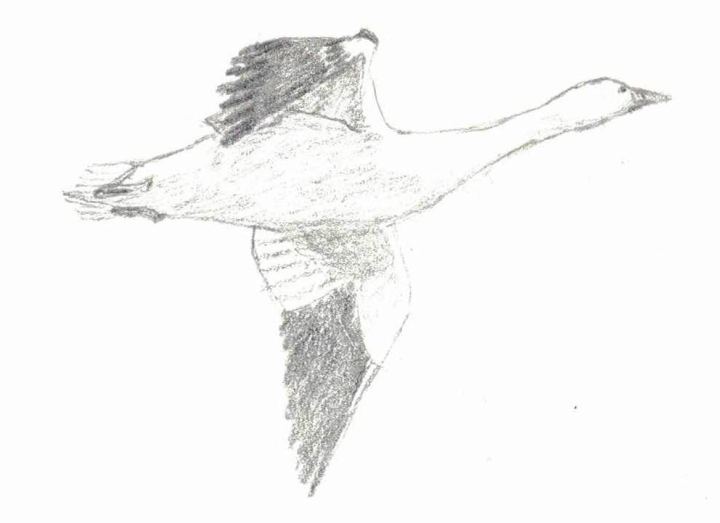I wrote the following pair of poems as part of an assignment from The Roar on the Other Side by Suzanne U. Rhodes. In the poems, I personify the two abstract ideas of “cacophony” and “euphony.”
The definition of cacophony is “1. Jarring, discordant sound; dissonance; 2. The use of harsh or discordant sounds in literary composition, as for poetic effect” (“Cacophony” 226). Euphony is defined as “Agreeable sound, especially in the phonetic quality of words” (“Euphony” 468).

“Cacophony”
My name’s cacophony;
I cannot be controlled.
I clash and crash and break
Wherever I collide.
With kilometrous stride
I walk and stomp and shake;
When I talk, I grate like
A rake on a gravel
Road or clang like a
Blacksmith making a plow
Or clopple like iron-shod
Steeds on granite pavement.
—
Why speak but do not shout?
I give each passerby
I meet a clout upon
The ear with my great roar
My name’s cacophony,
So what would I be if
I acted grand or grave?
No, I will bark and whack,
Grumble, thunder, attack,
Without restraint or tact.
Just how else could I act?
My name’s cacophony.

“Euphony”
Listen.
Can you hear the stream
Bubbling past my home?
Look.
Can you see the gleam
Of the fireflies in the gloam?
Inhale deeply.
Can you smell the crisp
Autumn scent of pine trees?
Turn your face.
Can you feel the wisp
Of the passing breeze?
Pick a pear.
Can you taste the sweet
Summer melting in your mouth?
Look up high.
Can you spot the fleet
Flock of geese going south?
Works Cited
“Cacophony.” The American Heritage Dictionary. 2nd ed. 1985.
“Euphony.” The American Heritage Dictionary. 2nd ed. 1985.

